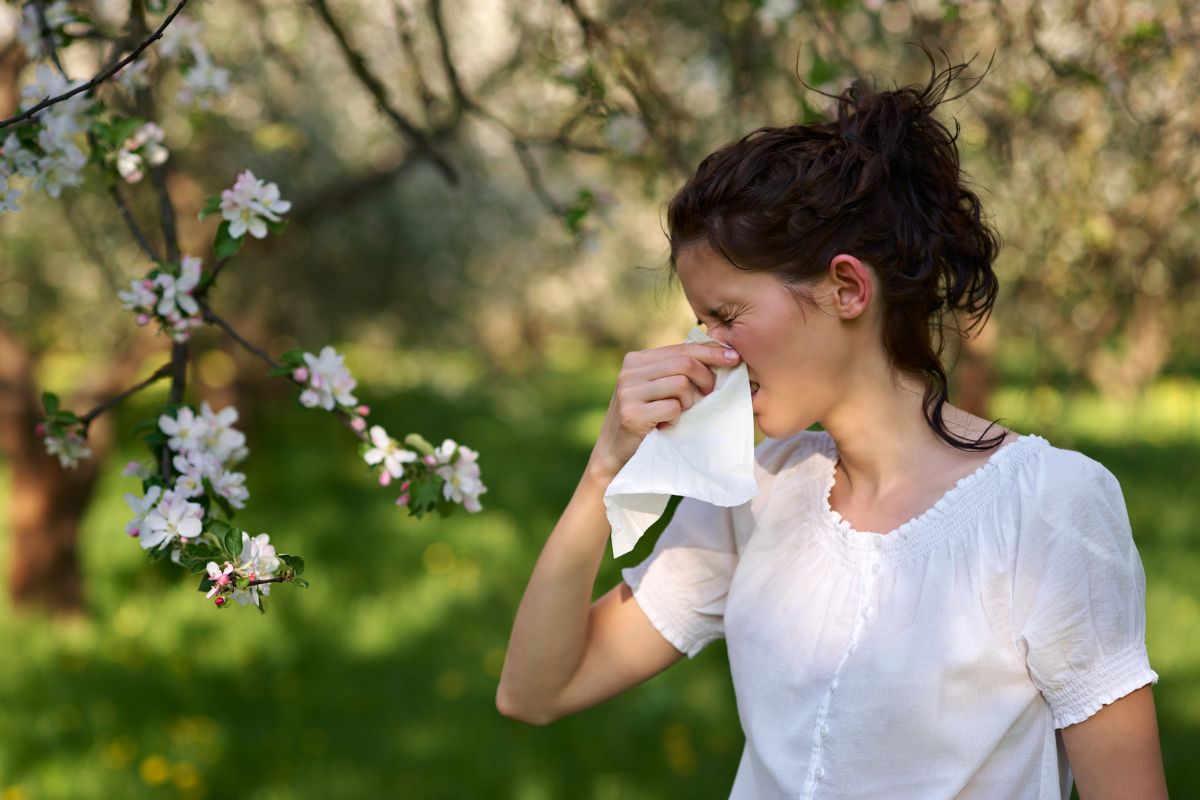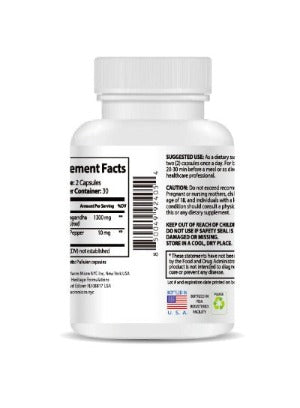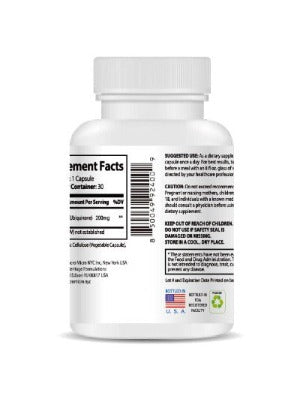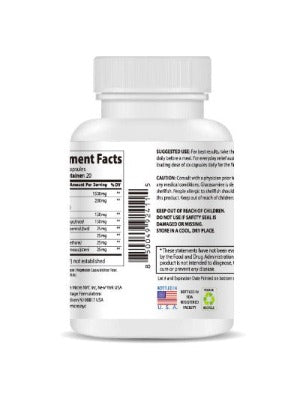Itchy Eyes at Night? It Could Be Eye Allergies - A Comprehensive Guide to Relief
The irritating itch of dry, irritated eyes, particularly at night, can significantly disrupt sleep and impact overall well-being. While many factors can contribute to this discomfort, eye allergies, or allergic conjunctivitis, are a common and often overlooked cause. This comprehensive guide explores the science behind itchy eyes, the telltale signs of allergic conjunctivitis, effective management strategies, and when to seek professional help, offering a path toward restoring restful nights.
Understanding the Science Behind Itchy, Red Eyes
Eye allergies are an inflammatory response triggered by your body's immune system. When allergens like pollen, pet dander, dust mites, mold spores, or certain cosmetics come into contact with the eyes, the immune system releases histamine and other inflammatory chemicals. This reaction leads to the characteristic symptoms of allergic conjunctivitis.
The process begins when allergens bind to IgE antibodies on the surface of mast cells in the conjunctiva (the lining of the eye). This binding triggers the release of histamine and other inflammatory mediators, resulting in vasodilation (widening of blood vessels), increased permeability of blood vessels (causing fluid leakage), and the infiltration of inflammatory cells. This cascade of events leads to the classic symptoms: itching, redness, swelling, and tearing.
Identifying the Telltale Signs of Allergic Conjunctivitis
While individual experiences may vary in severity, the common symptoms of eye allergies include:
- Intense Itching: This is usually the most prominent symptom, ranging from a mild discomfort to an overwhelming urge to scratch.
- Redness and Bloodshot Eyes: The whites of the eyes (sclera) may appear bloodshot or inflamed due to dilated blood vessels.
- Watery Eyes (Excessive Tearing): Increased tearing is the body's natural response to the irritation and inflammation.
- Eyelid Swelling: The eyelids may become puffy and swollen, particularly in the mornings.
- Burning or Stinging Sensation: A burning or stinging sensation often accompanies the itchiness, further intensifying discomfort.
- Stringy or Mucus-like Discharge: In some cases, a stringy or mucus-like discharge may be present.
- Light Sensitivity (Photophobia): Increased sensitivity to light is another common symptom.
These symptoms can be particularly bothersome at night. The darkness can amplify the perception of discomfort, and the quiet environment allows for a heightened focus on the irritation, making it difficult to fall asleep.
Nighttime Itch: Why Allergic Reactions Worsen at Night
The intensification of eye allergy symptoms at night is often multifactorial:
- Increased Concentration on Symptoms: In the quiet of night, you are more likely to notice and focus on the itching and discomfort.
- Darkness Amplification: Darkness can heighten the sensory perception of the symptoms, making them seem more severe.
- Accumulation of Allergens: Throughout the day, allergens may accumulate on the skin and in bedding, leading to increased exposure during sleep.
- Environmental Factors: Certain environments, such as poorly ventilated bedrooms or those with pets, may exacerbate nighttime symptoms.
- Hormonal Fluctuations: Hormonal changes can also influence the intensity of allergic reactions, potentially leading to worsening symptoms at night.
Understanding these contributing factors is crucial for developing effective nighttime management strategies.
Finding Relief: Effective Strategies for Managing Nighttime Itch
Several approaches can help alleviate the discomfort of itchy eyes at night:
- Allergen Avoidance: Minimizing exposure to known allergens is paramount. Keep your bedroom clean and dust-free, use hypoallergenic bedding and pillows, avoid pets in the bedroom, and consider air purifiers to filter out airborne allergens.
- Over-the-Counter (OTC) Medications: Antihistamine eye drops can provide temporary relief from itching, redness, and swelling. Follow the product instructions carefully. Artificial tears can also help lubricate dry eyes.
- Cold Compresses: Applying a cool, damp compress to the eyes for 10-15 minutes can soothe inflammation and reduce itching.
- Warm Compresses (for some): In some cases, warm compresses can help to soothe eye discomfort, particularly if the symptoms are related to mucus build-up.
- Soothing Eye Patches: For targeted relief, consider using specialized eye patches. Wise Quest Soothing Eye Patches harness the power of traditional Chinese herbal medicine to relieve eye fatigue, dryness, astringency, redness, and swelling caused by long hours in front of screens and other irritants. They promote healthy blood circulation, helping to alleviate discomfort and disease. The patches offer a gentle, cooling sensation that can enhance relaxation and promote better sleep.

Before bed, applying Wise Quest Soothing Eye Patches can create a calming bedtime ritual. Their cooling sensation and herbal ingredients provide targeted relief, promoting relaxation and more restful sleep. Remember to follow the manufacturer's instructions for proper use.
When to Seek Professional Medical Attention
While many can manage mild eye allergies at home, it's essential to consult an ophthalmologist or allergist if:
- Symptoms are severe or persistent despite home remedies.
- You experience changes in vision, such as blurred vision or double vision.
- You suspect a secondary infection, such as pink eye (conjunctivitis).
- Over-the-counter treatments provide no relief.
- You experience significant discomfort or difficulty sleeping.
A healthcare professional can accurately diagnose the underlying cause and recommend appropriate treatment, including prescription medications or allergy testing.
Long-Term Management and Prevention Strategies
Long-term management of eye allergies often involves a combination of strategies:
- Consistent Allergen Control: Maintain a clean and allergen-free environment at home and work.
- Regular Eye Hygiene: Gently wash your eyes with clean water to remove allergens and irritants.
- Lifestyle Adjustments: Avoid rubbing your eyes, as this can worsen irritation and potentially lead to infection.
- Prescription Medications: Your doctor might prescribe stronger antihistamine eye drops or other medications for more severe cases.
- Immunotherapy (Allergy Shots): In some cases, immunotherapy, or allergy shots, can help desensitize your immune system to specific allergens over time.
Conclusion: Reclaiming Restful Nights
Nighttime eye itchiness can significantly disrupt sleep and negatively impact your daily life. By understanding the causes, recognizing the symptoms, and implementing effective management strategies, including the use of products like Wise Quest Soothing Eye Patches, you can take control of your eye allergies and reclaim restful nights. Remember, seeking professional advice is crucial for managing severe or persistent symptoms and ensuring proper diagnosis and treatment.
Keywords
Eye allergies, Itchy eyes, Nighttime eye itch, Allergic conjunctivitis, Eye allergy relief, Soothing eye patches, Sleep and eye allergies, Eye irritation, Red eyes, Watery eyes, Eye swelling, Allergen avoidance, Eye care, Home remedies for eye allergies, Treatment for eye allergies, Prescription eye drops, Immunotherapy for allergies









